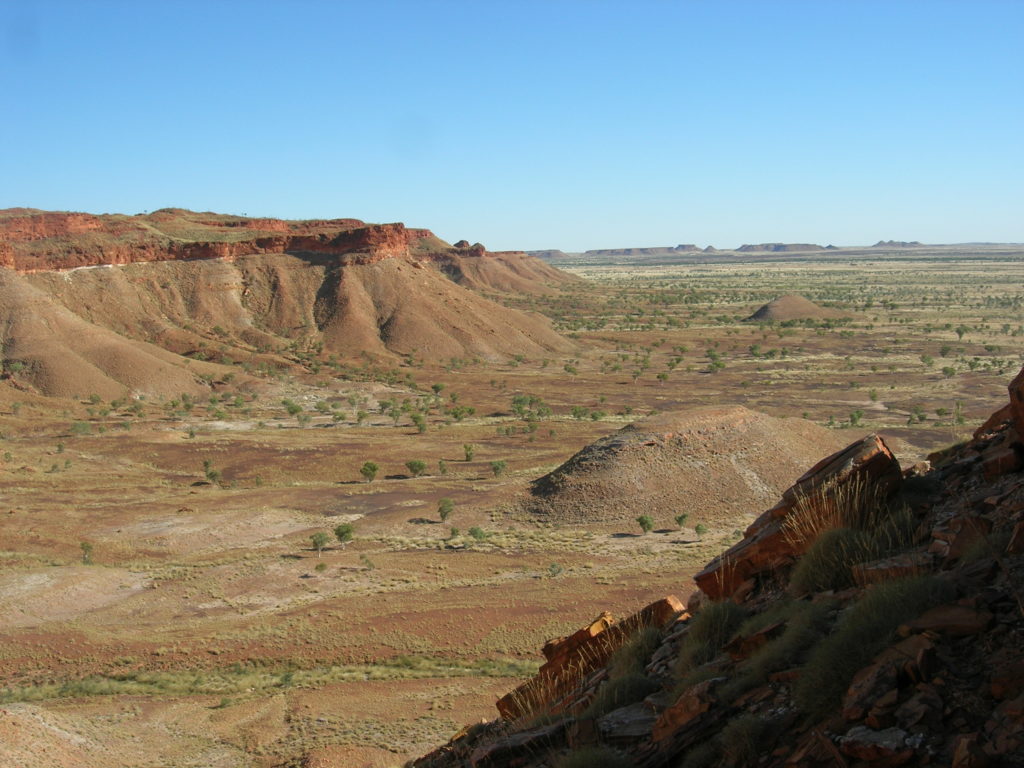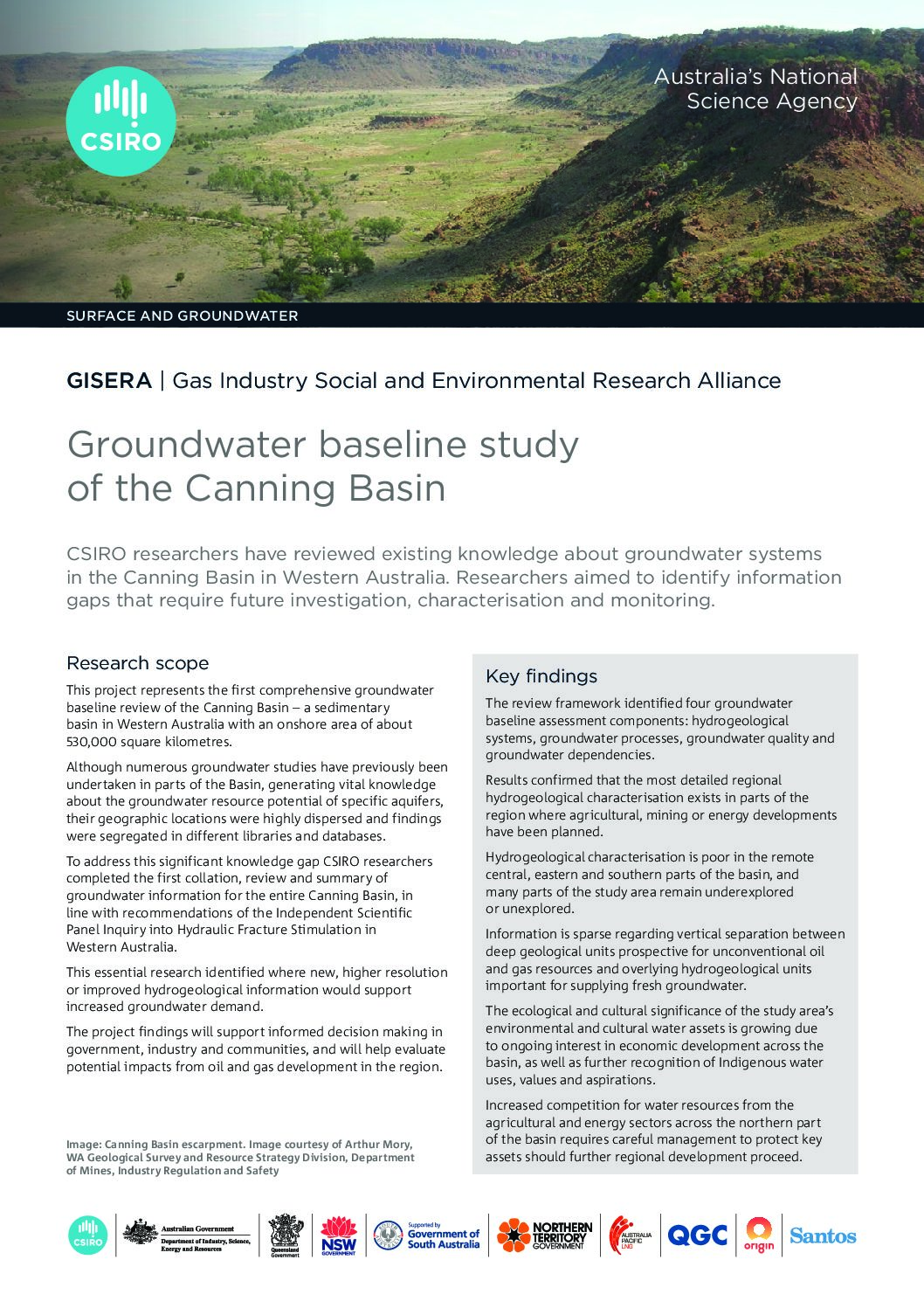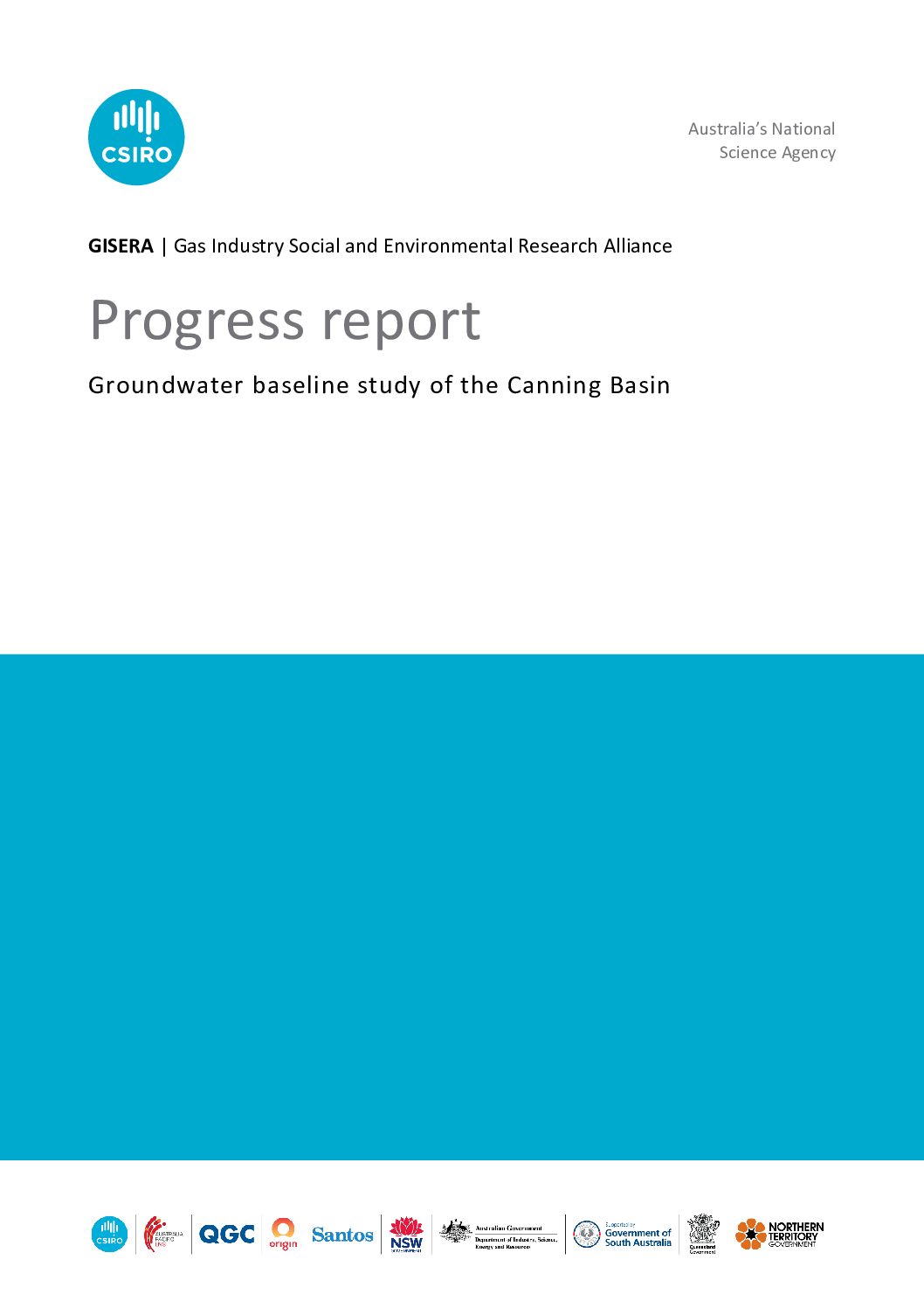Groundwater baseline study of the Canning Basin, WA
Exploring and characterising groundwater systems in Western Australia
This project explored and summarised the current state of knowledge of groundwater systems in the Canning Basin, Western Australia.
Results of this research will identify requirements for future investigation, characterisation and monitoring of groundwater systems. This work will build on and bring together previous groundwater studies in this region to understand the current status of groundwater knowledge for the entire basin.

WA Canning Basin escarpment
WA Canning Basin escarpment
Key points
- The framework identified four assessment components: hydrogeological systems, groundwater processes, groundwater quality and groundwater dependencies.
- The most detailed regional hydrogeological characterisation exists in areas where agricultural, mining or energy developments have been planned.
- Hydrogeological characterisation is poor in the remote central, eastern and southern parts of the basin, and many parts of the study area remain under- or unexplored.
- Information is sparse regarding:
- vertical separation between deep geological units prospective for unconventional oil and gas resources; and
- overlying hydrogeological units important for supplying fresh groundwater.
- The ecological and cultural significance of the study area’s water assets is growing due to ongoing interest in economic development and further recognition of Indigenous water uses, values and aspirations.
- Increased competition for water resources from the agricultural and energy sectors across the northern part of the basin requires careful management to protect key assets.



